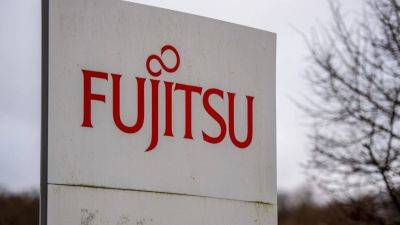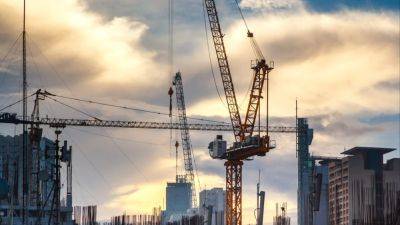Iran’s limited command over Hamas, Hezbollah and Houthis
From attacks by rebels in the Red Sea to raids in northern Israel and the October 7, 2023, assault by Hamas, Western analysts have pointed a finger of blame toward Iran.
Regardless of how involved Tehran is directly in the planning and carrying out of such incidents, the accusations get at a broader truth: In Middle Eastern geopolitics, Iran’s strategy of aligning with violent nonstate actors – notably Hamas in Gaza, Hezbollah in Lebanon and the Houthis in Yemen – influences the regional balance of power.
As experts in Iran’s relationship with its network of proxies, we understand that Iran’s connection with each group is distinct yet interlinked, revealing Tehran’s regional objectives. From southern Lebanon to Gaza to Yemen, these alliances shape the political landscape and highlight the nature of influence and control in proxy warfare.
It serves as a counterweight to Iran’s relatively limited conventional military capabilities, forming a key part of its foreign policy.
Iran’s ‘Axis of Resistance’
Managed by the Islamic Revolutionary Guard Corps, Iran’s paramilitary security service that answers only to Supreme Leader Ayatollah Ali Khamenei, these regional groups form what Tehran has labeled the Axis of Resistance.
The relationship between the groups and Tehran is designed to serve as a balance against both US influence in the region and that of Washington’s regional allies, including Israel and Saudi Arabia.
But to characterize the Axis of Resistance as straight proxies is slightly off. Rather, Iran’s approach – spanning Iraq, Syria, Lebanon, Yemen and the Palestinian territories – is to extend its influence through strategic partnerships. While based on shared objectives and ideologies, these alliances allow varying







